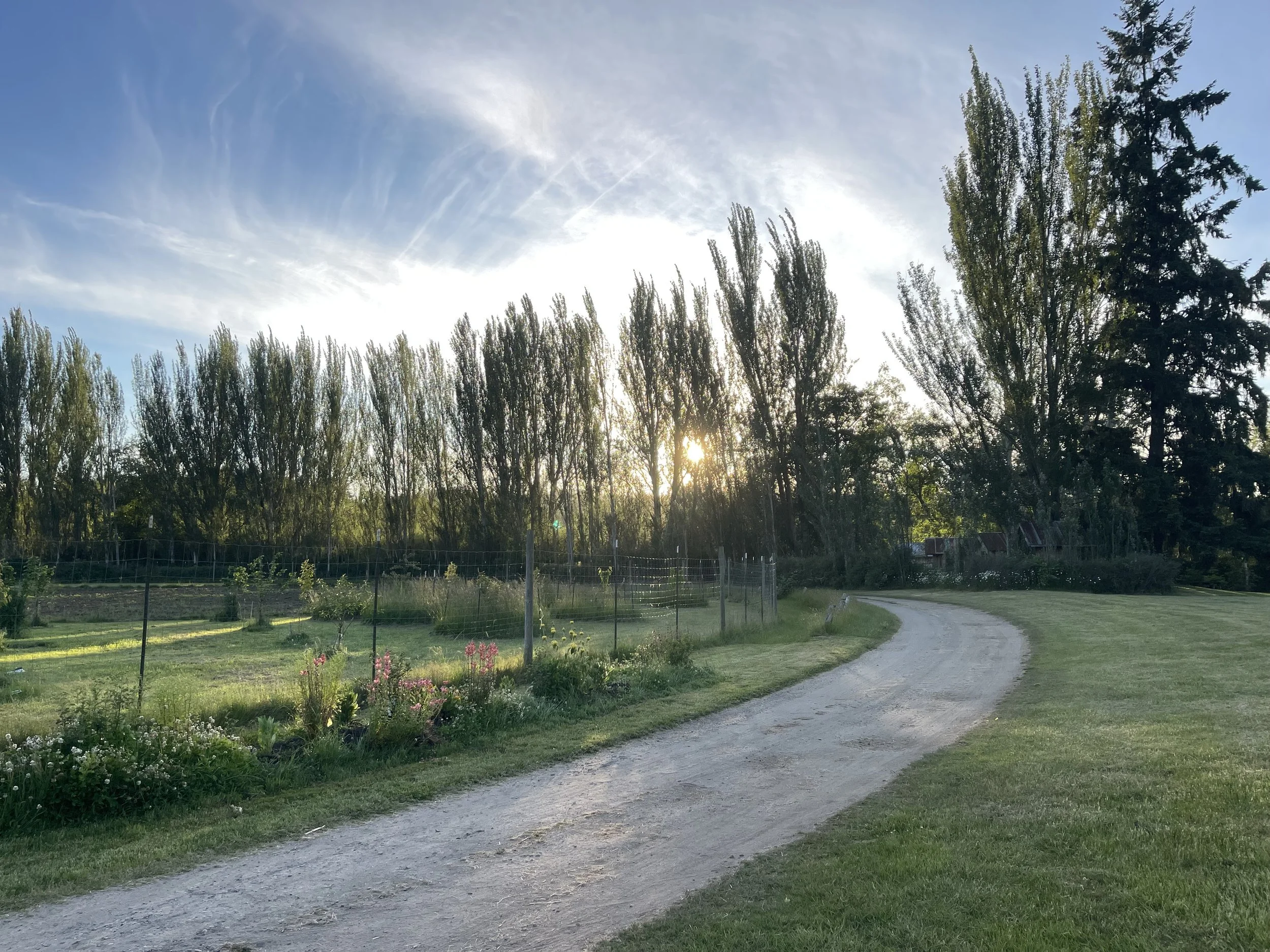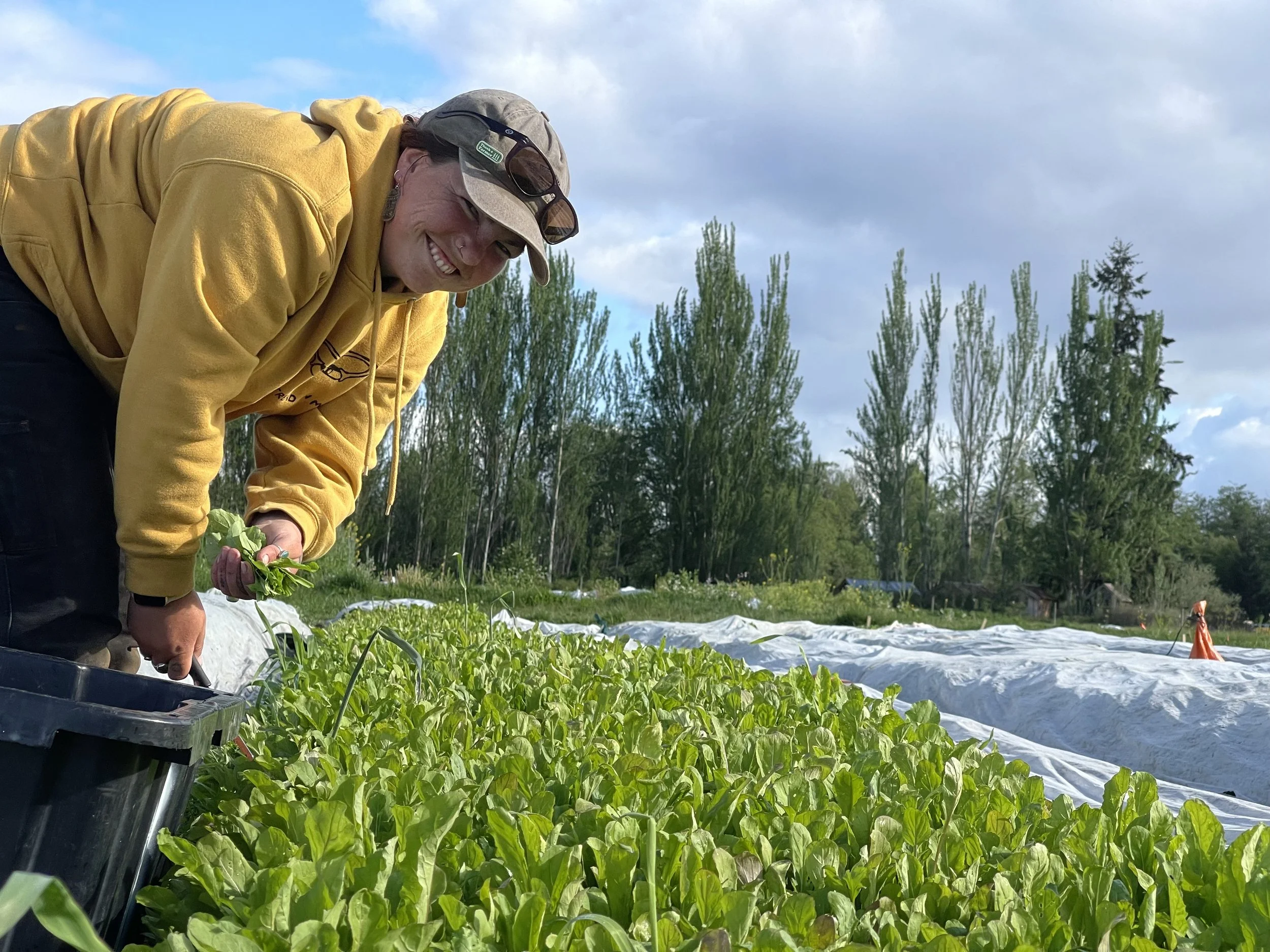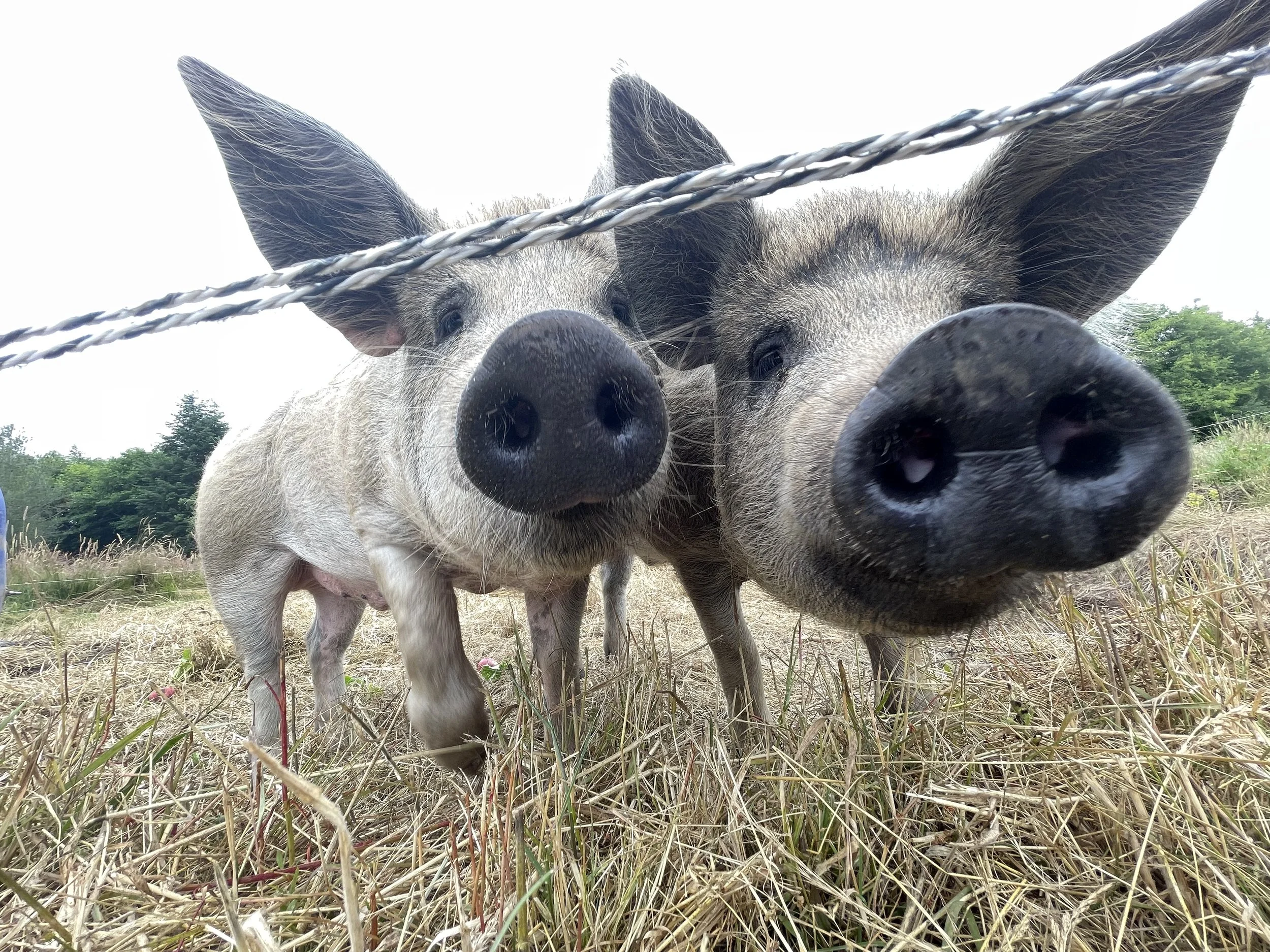
OUR MISSION
For many agricultural farm products, a robust, local food system can reduce dependencies on energy-intensive global supply chains, offer fresh food, and sustain food-related employment security within the community.
At the Organic Farm School, we support community food security by training farmers and by encouraging community participation in our local and regional food system. To that end:
We provide career development in managing small to medium-sized farms that are ecologically, economically and socially sustainable, as well as job placement.
We inspire consumers to buy and prepare locally produced food in support of our local food system.
We organize community engagement through workshops, classes and events to explore current farming initiatives to produce food using ecologically and economically sound practices.
Through our mission, we pledge to cultivate farmers, food, and community while working towards a resilient food system for our future.
How do we define “Regenerative Organic Ag?”
We do not believe you can claim that agriculture is regenerative without embracing organic practices and incorporating livestock. Neither do we believe that there is only one way to practice a regenerative organic approach to the production of food. We DO believe/think that Regenerative Organic Practices include:
Use of diverse crops, cover crops and tarps to keep soil covered
Keeping living roots in the soil whenever possible
Incorporation of livestock with crop production
Reduction of tillage - tillage can be an important tool for weed management, breaking up of compaction, and incorporation of organic matter into the soil, but the goal is always to use it judiciously and minimize it whenever possible to let soil structure develop
Perpetually diversifying plants in the field
Care for the soil biome, and the people who tend it as well as the people who eat from it
Improving and evolving with each season
We will be the first to say we are not perfect, and that external conditions can drive hard choices and compromises — but we include observation, reflection, and innovation in our on-going skill sets as we aspire to continually do better in building the soil that feeds us.



